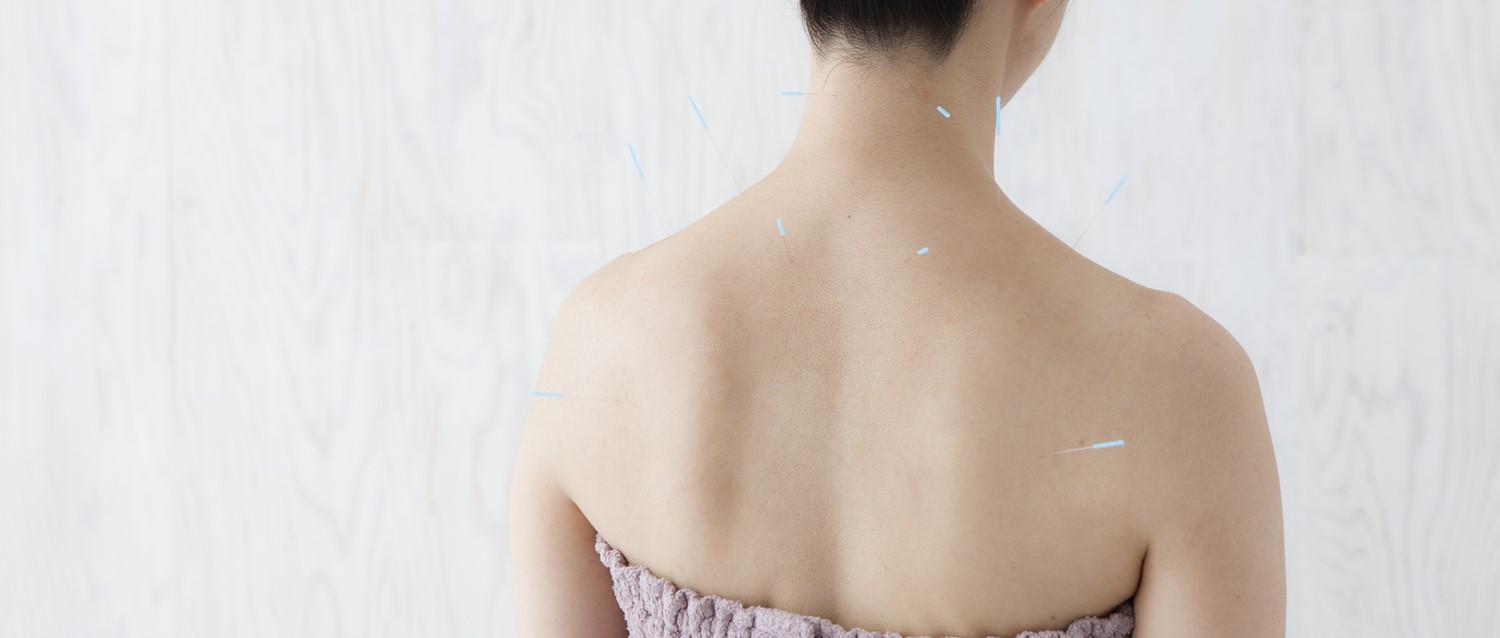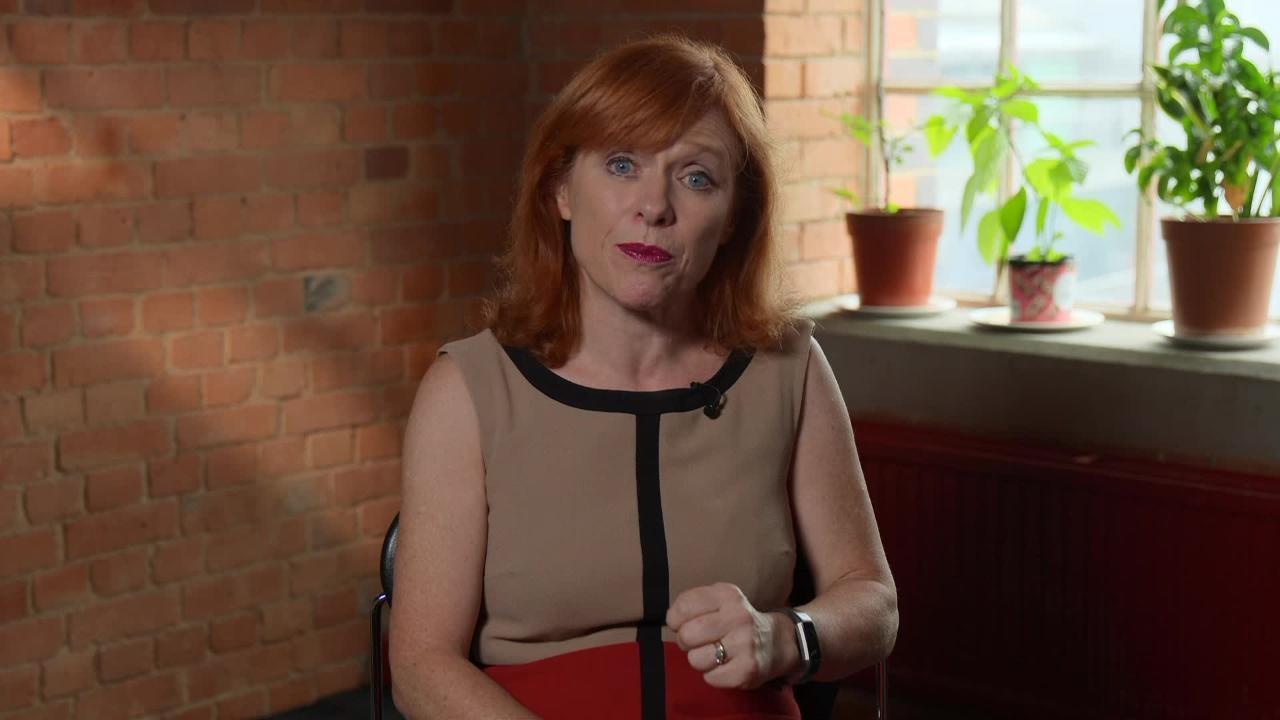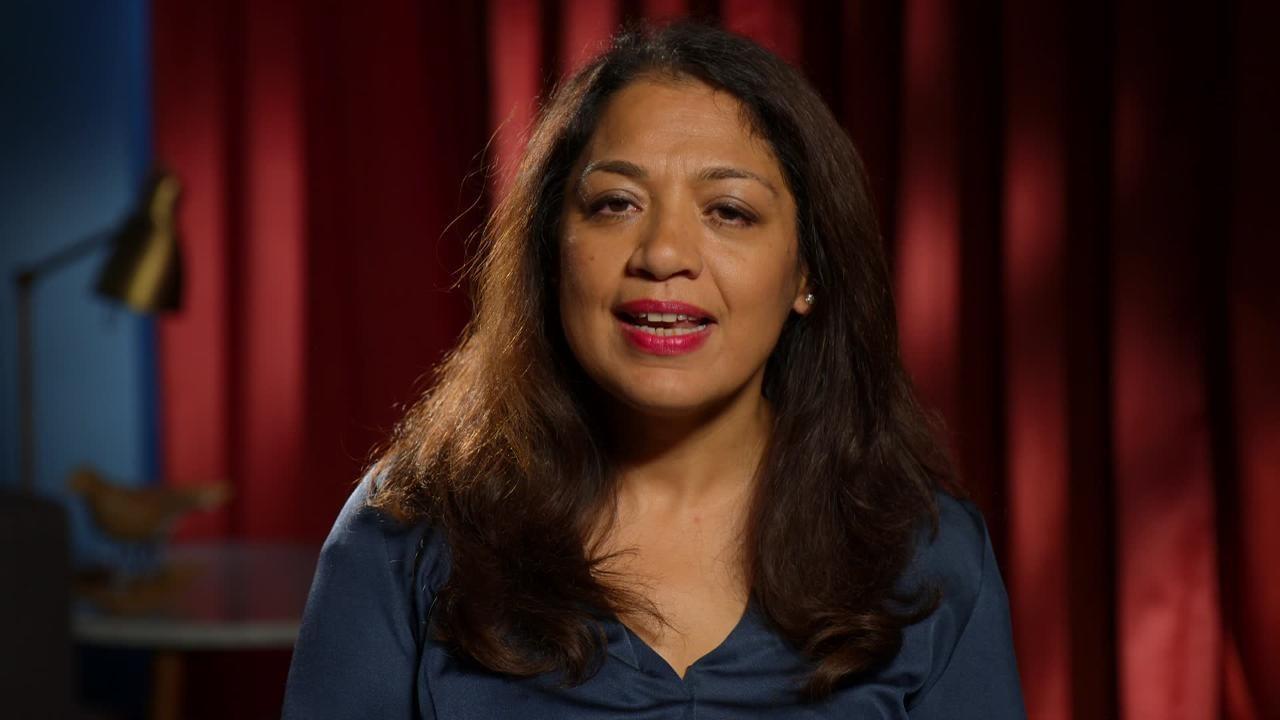
Can acupuncture help you get pregnant?
Peer reviewed by Dr Sarah Jarvis MBE, FRCGPLast updated by Allie AndersonLast updated 1 Mar 2018
Meets Patient’s editorial guidelines
- DownloadDownload
- Share
- Language
- Discussion
Acupuncture has been a mainstay of ancient Chinese medicine for centuries, and in the last few decades it has been used increasingly commonly alongside fertility treatment, like IVF, with the aim of boosting the chances of a successful outcome.
Plenty of women have had acupuncture during a round of fertility treatment and fallen pregnant. But can this sometimes costly practice, dismissed by many in western medicine as quackery, really have any impact on a woman's chances of having a baby?
In this article:
Continue reading below
The theory
During an acupuncture session, fine needles are inserted into the skin at various points in the body - known as acupuncture points - to produce a therapeutic effect. The exact acupuncture points and number of needles used vary from person to person, and they are typically left in place for around 20 to 30 minutes.
Mark Bovey, acupuncturist and research manager at the British Acupuncture Council, explains that in general: "The practice works by helping to regulate things back to their normal levels.
"In traditional terminology, it does this through stimulation of the acupuncture points, readjusting the flow of qi energy through the channels and removing blockages," he says. "In orthodox science terms, it acts on the nervous system, with knock-on effects locally, in the spinal cord, in the brain, and hence throughout the body."
In terms of physiological effects on fertility, the theory goes that acupuncture works in three main ways: by mediating the release of chemicals that send messages from the brain - called neurotransmitters - that affect reproductive hormones and organs; by stimulating blood flow to the uterus, thereby making embryo implantation more likely; and by boosting production of chemicals that inhibit stress hormone levels.
Lack of evidence
According to Dr Yacoub Khalaf, reproductive medicine consultant at Guy's and St Thomas’ Hospital, these hypotheses lack credibility. "In terms of biological plausibility, one finds it hard to find a mechanism by which acupuncture could help," he says, "and unfortunately, the evidence is very weak."
Dozens of trials have been conducted to examine the effects of acupuncture on the outcome of IVF treatment. One group of women typically receives acupuncture during their treatment cycle, and their pregnancy rates are compared with those of a second IVF group who don't have acupuncture. The results have been inconsistent, leaving the efficacy of adjunctive acupuncture open to debate.
Bovey suggests this is largely because acupuncture was not administered in the optimum way. "In these studies, two sessions of acupuncture tend to be given at around the time of embryo transfer and it's debatable whether that's sufficient, or the best time to do it," he comments.
"The idea of Chinese medicine is that you're trying to create a better-balanced state so people’s normal physiological processes work better. For acupuncture to be effective in fertility, you’d want to start at the onset of their problems - preferably before they even start IVF - and at regular intervals throughout the process."
Recent evidence is arguably more encouraging. An unpublished study of 160 couples at London's Homerton Hospital reported that women who had four acupuncture sessions during their treatment cycle achieved a 46.2% pregnancy rate, compared with 21.7% among women who had not had acupuncture. The findings were presented at the European Society of Human Reproduction and Embryology in July 2016.
Continue reading below
Relieving stress
Sceptics hold firm that while this result is statistically significant, it doesn't constitute hard evidence that acupuncture has any direct therapeutic effect on fertility itself or on the outcome of IVF treatment. "The tendency is to attribute or relate this as a cause-effect, when it's nothing more than a coincidence," says Dr Khalaf.
Perhaps it's a little more than that. It has been shown that acupuncture can help lower anxiety and stress levels, which, as any couple that has been through fertility treatment knows, can soar through the roof. In fact, it's not uncommon for fertility doctors to endorse acupuncture for relaxation purposes.
"It's certainly safe, and there is no question that it helps in other parts of medicine, like pain management," Dr Khalaf points out. In fact, the National Institute for Health and Care Excellence (NICE) recommends acupuncture as a preventative therapy for tension-type headaches and in the treatment of migraines. "So if it will make you feel relaxed and help you cope with the stress of infertility and fertility treatment, I have no issue with that," he adds.
Placebo effect?
It's also important to acknowledge the ‘counselling' aspect of complementary therapies like acupuncture. Practitioners spend up to an hour per session with their patients, listening and responding to how they are feeling - a luxury you just don't get in a 10-minute consultation with an NHS doctor.
The process of offloading during times of extreme stress can itself be cathartic, potentially giving rise to a more positive overall IVF experience. Just how profound an effect that can have on treatment outcomes, who knows?
Where it becomes contentious is when patients are promised the world, and led to believe that complementary therapies will be the answer to their prayers.
Infertility is a highly emotive state, and couples will often go to extreme lengths to improve their chances of having a baby. There is a concern that promoting often expensive add-on treatments, like acupuncture, as a fertility silver bullet, can give couples false hope.
This risk can be mitigated if practitioners are upfront about what acupuncture can realistically achieve, according to Dr Khalaf. "The practitioner performing the treatment must demonstrate professional leadership and give the patient sensible and objective advice," he says. "A good doctor will offer you only what adds value, not what unnecessarily adds cost.
"If they are giving it to cope with stress, that's one thing. But don't expect that sticking a few needles in your body will affect the quality of your embryos. It's just not biology."
Patient picks for Pregnancy planning

Pregnancy
Video: When are you most likely to get pregnant?
Some couples plan for pregnancy years in advance, while for others it's more of a spur of the moment decision. Dr Sarah Jarvis, GP, answers some of the most common questions about becoming pregnant.
by Amberley Davis

Pregnancy
Video: How do you calculate a due date?
From the moment you suspect you might be pregnant, all thoughts turn towards the baby. There will be a million questions racing through your mind, and we've picked a handful to put to our experts.
by Lydia Smith
Continue reading below
Article history
The information on this page is peer reviewed by qualified clinicians.
1 Mar 2018 | Latest version

Ask, share, connect.
Browse discussions, ask questions, and share experiences across hundreds of health topics.

Feeling unwell?
Assess your symptoms online for free
Sign up to the Patient newsletter
Your weekly dose of clear, trustworthy health advice - written to help you feel informed, confident and in control.
By subscribing you accept our Privacy Policy. You can unsubscribe at any time. We never sell your data.